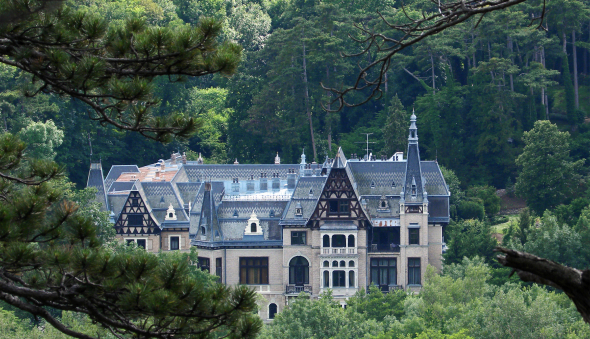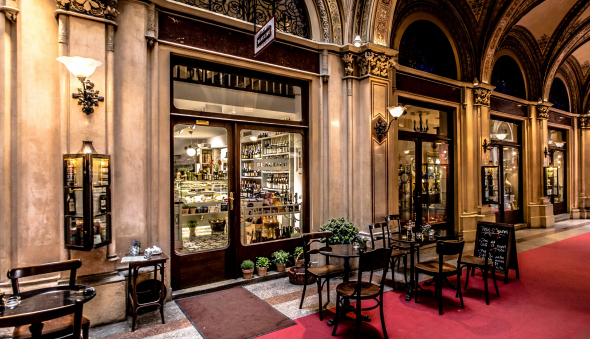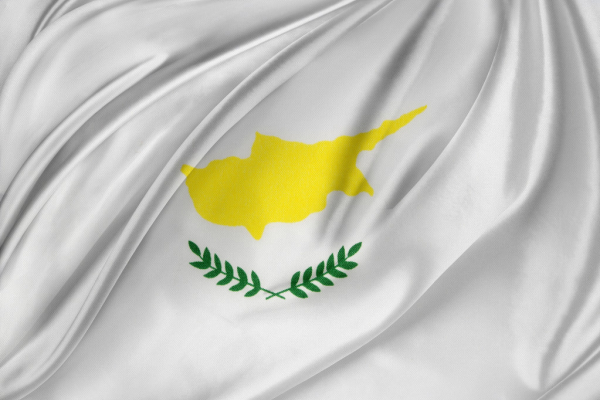Cyprus
GENERAL INFORMATION

Geography and climate
The island of Cyprus is located in the Middle East, in the eastern part of the Mediterranean Sea, however, outside of geographical criteria, it is defined as part of Europe and is part of the European Union.
The territory of the island is divided into four parts: 57.6% of the area belongs to the Republic of Cyprus (population - ethnic Greeks), 36% - to the Turkish Republic of Northern Cyprus (population - ethnic Turks), 3.7% - to the UN, 2.7% - to the British armed forces. It is worth noting that the Turkish Republic of Northern Cyprus as an independent state is recognized only by Turkey.
Cyprus is an island state, most of whose territory is occupied by mountains. The island has two mountain ranges: Kyrenia in the north of the island and Troodos in the southwest.
The coast of the island is mostly rocky, but sandy beaches are also common. The beach season on the island lasts from April to October.Cyprus has a subtropical Mediterranean climate.
Summer here is dry and hot, the average temperature is +30°C. Winters are mild, wet, with an average temperature of +15°C. Temperatures are higher on the east coast of the island than on the west coast. In April, the sea is already warmed up to +20°C, in summer the water temperature reaches +25-27°C and in November it again drops to +20°C.
Economy and infrastructure
Cyprus has the lowest level of taxation in the European Union - 10%. There is also no tax on income from the sale of securities, interest and dividends. Cyprus has a number of double tax treaties, including with Russia. A loyal tax system attracts foreign business and property buyers. Leading foreign investors in Cyprus are American and British companies.
Cyprus is steadily demonstrating economic growth. Thus, in 2021, the country's economy grew by 8.4% compared to 2020. The tourism sector provides 20% of GDP, and the service sector provides employment for about 64% of the island's population.
Cyprus mines copper, pyrite, umber, chromium and asbet, as well as building materials - gypsum, clay, marble, gravel, shell rock, sand.
Agriculture is also developed. Grapes, tobacco, olives, citrus fruits, walnuts, pomegranates, almonds, oats, wheat, beans are grown on the island.The state is famous for its highly developed automotive infrastructure. The roads in Cyprus are considered among the best in Europe. Traffic is on the left side of the road. Transport sea communication is also well developed.
Major seaports are located in Larnaca and Limassol. There are two international airports: in Larnaca and Paphos. There is also one airport in Northern Cyprus, flights are operated only from Turkey. Please note that entry to South Cyprus from the territory of the North is prohibited.
Ecology and nature
According to Eurostat, Cyprus is one of the European countries that purchases the smallest amount of pesticides. And according to the results of research by the Good Country Index, out of 153 countries, Cyprus was the fifth as "Nature Friendly", that is, a state friendly to nature.
High-quality ecology, favorable climate and the proximity of the warm sea have a positive effect on the quality and length of life of the local population. So, for 2020, the life expectancy of Cypriots is 81 years.
Cultural heritage
The rich heritage of Cyprus reflects many bygone eras. The island has preserved the remains of ancient cities with their temples, baths, theaters and palaces. Some ancient Roman amphitheaters still host open-air performances.
Medieval architecture is preserved from the Crusader period. Multiple churches and cathedrals, defensive castles, medieval monasteries are available for visiting.
Muslim architecture also left its mark on the island at the time when the army of Selim II captured Cyprus. Sometimes Turkish minarets were attached to Gothic cathedrals, thus creating an amazing dialogue of cultures.
The colonial period (British rule in the 18th-19th centuries) brought elements of neoclassicism to the architectural heritage.
To feel the amazing history of Cyprus, you should definitely visit the ancient city of Kourion, the ancient city of Amathus, the royal tombs in Paphos, the castle of Kolossi, the Church of St. Lazarus, the monastery of Ayia Napa, the monastery of Stavovruni.
Natural attractions
Cyprus is not only architectural diversity, but also stunning views of the sea, bays and beaches, amazing natural landscapes.
There are three national parks on the island: Cavo Greco, Akamas and the Troodos Mountains. There are the most interesting natural attractions of the island.
The bath of Aphrodite attracts the attention of tourists. This is a small picturesque grotto, in which, according to legend, the goddess Aphrodite bathed. Cape Greco is a picturesque place with stunning sunset views. Nissi Beach is a very beautiful, though noisy place. Sandy spit, azure water, stunning view from the hill - thanks to these natural beauties, the beach is so loved by vacationers. Definitely worth a visit if you like active fun holidays.

Education
There are three public, three private universities and several institutes in Cyprus. The most prestigious is the University of Cyprus. Education in the field of tourism, management and engineering is especially in demand.
The cost of training for the year is from 5 thousand euros per year. However, good academic performance is encouraged - according to the results of exams, talented students are reduced from 20 to 50% of the cost of tuition.
For admission to universities, entrance exams are required only for admission to creative specialties or medical faculties. In other cases, it is enough to provide a certificate of knowledge of English, Greek or Turkish.
Graduates receive an international diploma and have the opportunity to stay for a year in Cyprus to look for work.
.
Best real estate deals in Cyprus
By sending a message, you thereby accept the user agreement and confirm that you have read and agree to the privacy policy of this website.













